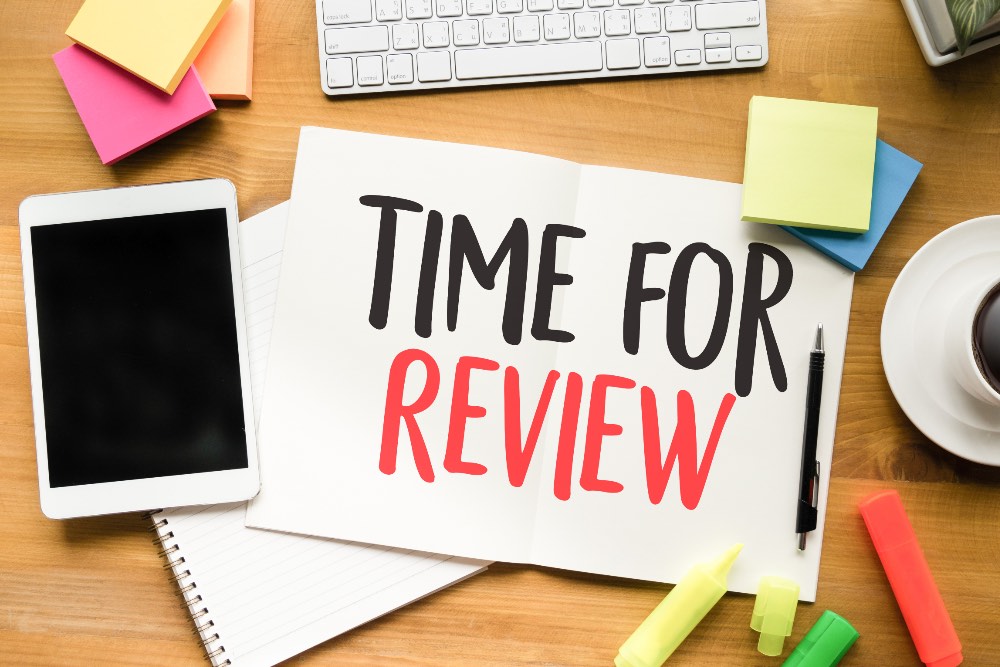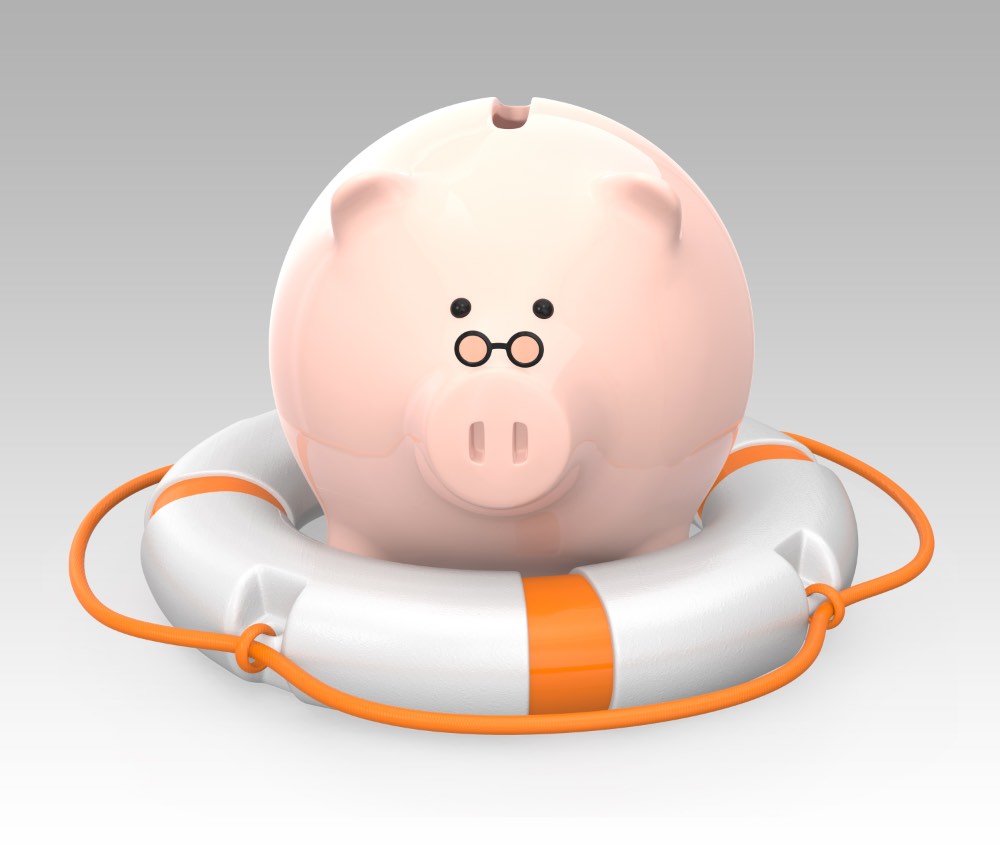PARENTS DOING TOO MUCH?
According to a new Pew Research Center study Americans believe that young adults should be financially independent by age 22, but that is not the reality. The study found that only 24% of young adults were financially independent by age 22 or younger, compared with 32% in 1980. Also 45% of adults ages 18-29 reportedly received financial help from their parents in the past 12 months.
SMALL BUSINESSES AND PPP
The National Federation of Independent Businesses reported that 70% of small business owners tried to apply for the Paycheck Protection Program as of mid-April. More than 72% of those who submitted applications did so successfully. The majority of this group (84%) already had some type of account with the bank.
CORONAVIRUS PHISHING ATTACKS
Global governmental entities, including the FBI and WHO, are issuing warnings about increasingly common email scams. Some may promise a vaccine or solicit donations for COVID-19 victims. Others are trying to take advantage of the new work-from-home movement by impersonating your company’s human resources department and requesting log-in credentials. It’s more important than ever to remain vigilant in monitoring your inbox and verifying all identities before clicking links or sending a response.
INDUSTRIES THAT PROFITED DURING COVID-19
While the coronavirus pandemic has been devastating to businesses around the globe, some sectors have flourished. Meal delivery kit service Blue Apron, for example, struggled after going public a few years ago, but has since seen a surge and is actively hiring. Other unconventional items that have jumped in popularity include bidets and high fashion face masks that were originally designed for those with immunosuppressant issues.




